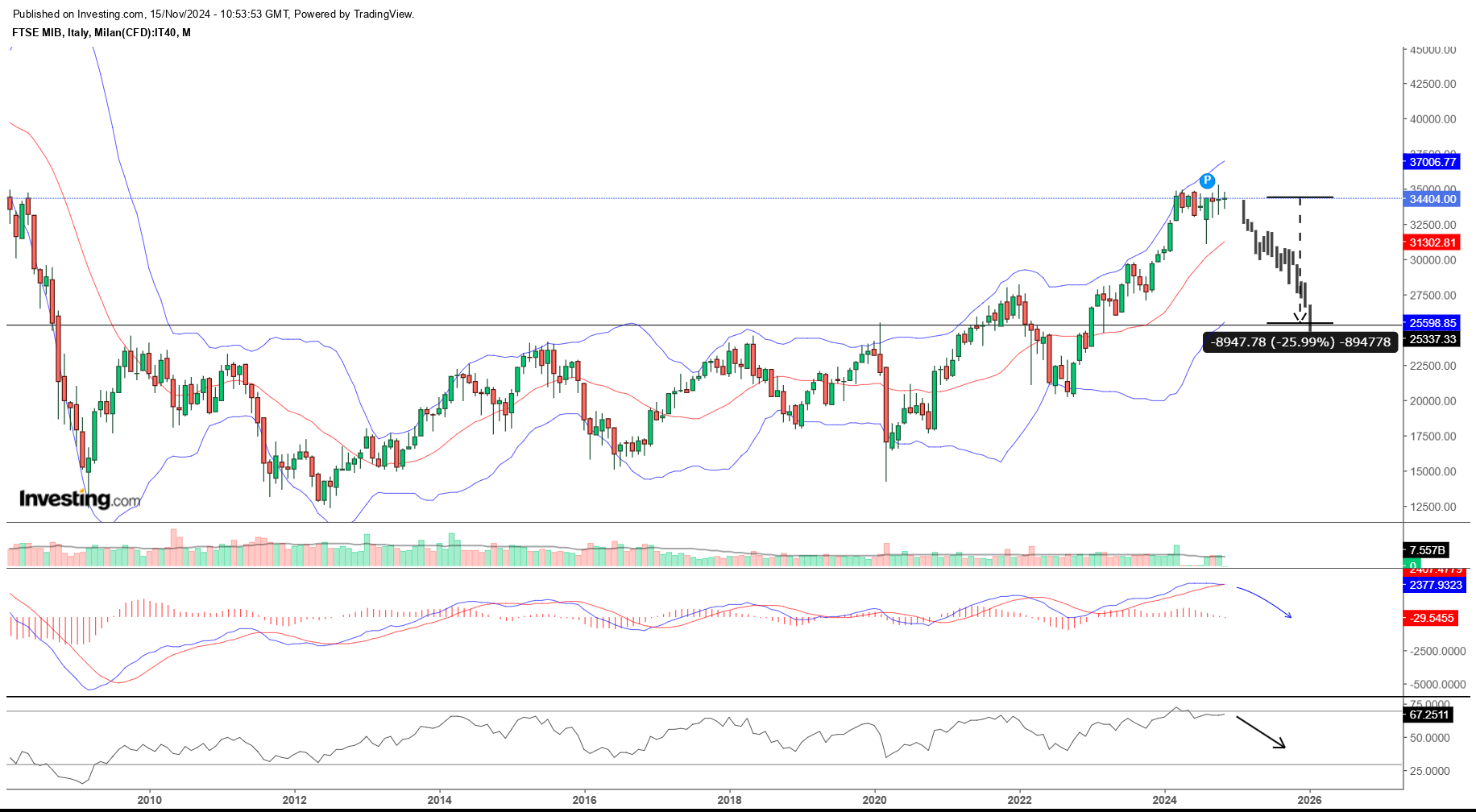As expected the UK CPI Inflation measure increases to 10.4%. This will make sure that the OBR and Exchequer 2.9% target goes out of the window as plain baloney. The last time Inflation was so high was in the 1970s and it took about 12 to 15 years to stabilise at 2.0%.

The CPI Month over Month variance made February come up with a 1.0% banger. Observing the chart it’s possible to see, January is a seasonal low, then Monthly Inflation has always been positive, would be reasonable to expect further increases.

What makes Inflation steady, stubborn and embedded in the economy, it’s CORE CPI which increased to 6.2%. CORE CPI measures exclude basic items, so the stubbornness of CORE INFLATION derives from the SERVICES INDUSTRY, the UK’s economy it’s heavily reliant & skewed on services.

if the OBR and the Government want to see a 2.9% CPI Inflation they will need a heavy Recession, probably a Financial Crisis with thousands of Financial Services and Construction workers gone. Services GDP= £395 billion, Construction GDP=£325 billion.


Food Inflation surged to a hefty 18% and when you import almost everything, that takes a heavy toll on consumers and prices. Exogenous factor, determined by Supply constraints. Aggregate Supply Constraints take longer effects on the economy,& are not Demand sugar high shocks

The Bank of England set the bank rate at 4.0%, still underscores below 6.2% CORE INFLATION, 10.1% CPI and 18% PAELLA.(2/5 shrimps/3/5 rice). The Bank of England can act on the money supply and on the interest rate. However, there’s very little credibility for the 2.0% price stability.

In 2023, the annual inflation rate for the United Kingdom is expected to be 6.1%, following an annual rate of 9.1% in 2022.

















